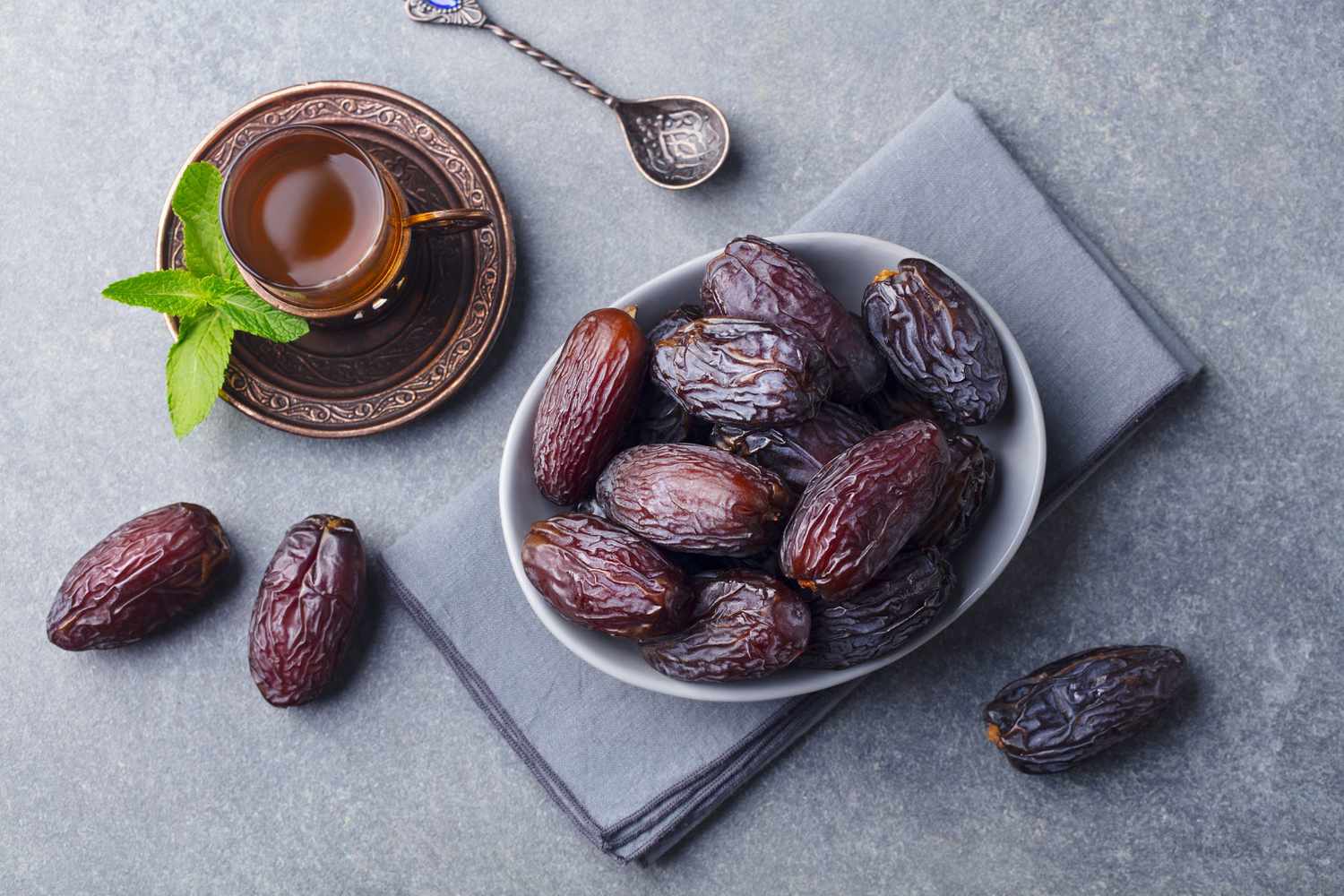

Articles
How To Store Medjool Dates
Modified: December 7, 2023
Learn the best tips and techniques to store medjool dates in this informative article. Keep your dates fresh and delicious for longer with these expert recommendations.
(Many of the links in this article redirect to a specific reviewed product. Your purchase of these products through affiliate links helps to generate commission for Storables.com, at no extra cost. Learn more)
Introduction
Welcome to this comprehensive guide on how to store Medjool dates. Medjool dates, also known as the “king of dates,” are a delicious and nutritious fruit that originated in the Middle East. These sweet, caramel-like fruits are not only a tasty snack but also a versatile ingredient in various recipes.
While Medjool dates are enjoyed fresh, they have a relatively short shelf life. Therefore, proper storage is essential to ensure that they remain fresh and flavorful for as long as possible. Whether you have a surplus of Medjool dates or simply want to prolong their freshness, this article will provide you with all the information you need.
By understanding the factors that affect Medjool date storage, choosing the right storage method, and implementing proper techniques, you can extend their shelf life and enjoy them for weeks or even months to come. So, let’s dive in and discover the best ways to store Medjool dates!
Key Takeaways:
- Proper storage of Medjool dates is crucial to maintain their flavor, texture, and nutritional value. Understanding factors like temperature, humidity, and air circulation is key to maximizing their freshness and shelf life.
- Rehydrating Medjool dates is a simple and effective way to revitalize their softness and juiciness, making them perfect for various recipes or as a tasty snack. Soak them in warm water for 15-30 minutes and enjoy!
Read more: How To Store Dates Medjool
The Importance of Proper Storage
Proper storage is crucial when it comes to preserving the quality and taste of Medjool dates. While these dates are naturally sweet and packed with nutrients, they are also prone to moisture loss, which can result in dryness and a loss of flavor. Additionally, improper storage can lead to mold growth and spoilage.
By storing Medjool dates correctly, you can ensure that they maintain their soft and chewy texture, their rich and sweet taste, and their nutritional value. Proper storage also prevents them from becoming overly dry or turning into unappetizing clumps.
Moreover, learning how to store Medjool dates properly saves you money and reduces food waste. By extending their shelf life, you can have Medjool dates readily available whenever you need them, avoiding unnecessary trips to the grocery store.
Whether you buy Medjool dates in bulk or receive them as a gift, understanding the importance of proper storage will help you savor their deliciousness for an extended period.
Now that we understand why proper storage is essential, let’s take a closer look at Medjool dates themselves to gain better insight into their characteristics.
Understanding Medjool Dates
Before delving into the specifics of storing Medjool dates, it’s important to have a good understanding of these delectable fruits. Medjool dates are large, soft, and sweet fruits that are a favorite among many due to their rich flavor and unique caramel-like taste.
Medjool dates are known for their luscious texture, which is moist and chewy. They have a deep brown color and a wrinkled skin, which is a natural characteristic of this fruit. The flesh of Medjool dates is succulent and sticky, making them an excellent choice for snacking or incorporating into various recipes.
These dates are not only delicious but also packed with nutrients. They are a good source of fiber, potassium, and antioxidants. Additionally, they provide natural sugars for energy, making them a healthier alternative to processed sweeteners.
When it comes to selecting Medjool dates for consumption, look for ones that are plump and soft. Avoid dates that are excessively dry or have signs of mold or spoilage.
Now that you are familiar with the characteristics of Medjool dates, let’s move on to understanding the factors that can impact their storage.
Factors Affecting Medjool Date Storage
Several factors can affect the storage of Medjool dates and impact their shelf life. Understanding these factors is crucial in determining the best storage method to keep your dates fresh and delicious.
Temperature
Temperature plays a significant role in the storage of Medjool dates. Exposing dates to high temperatures can lead to moisture loss and make them dry and tough. On the other hand, storing them in excessively cold temperatures can cause the fruit to become hard and lose its natural sweetness.
Read more: How To Store Fresh Medjool Dates
Humidity
Humidity levels can greatly impact the quality of Medjool dates. High humidity can promote mold growth and spoilage, while low humidity can cause the dates to dry out and become less palatable. It’s important to strike a balance and store Medjool dates in an environment with moderate humidity to preserve their texture and taste.
Light
Exposure to light can accelerate the degradation of Medjool dates. The UV rays in sunlight can cause the dates to discolor and lose their flavor. To protect your dates from light exposure, it’s best to store them in opaque containers or kept in a dark pantry.
Air Circulation
Air circulation is essential in preventing the growth of mold and maintaining the quality of Medjool dates. Storing dates in airtight containers can lead to excess moisture buildup, resulting in mold growth. It’s important to provide adequate ventilation to ensure proper air circulation around the dates.
Ripeness
The ripeness of Medjool dates at the time of storage can also affect their shelf life. It’s best to store slightly underripe Medjool dates, as they will continue to ripen and become softer and sweeter over time. Overripe dates, on the other hand, are more prone to spoilage and should be consumed promptly.
Now that we understand the factors that can impact the storage of Medjool dates, let’s move on to choosing the right storage method to maximize their freshness and flavor.
Read more: How To Store Medjool Dates After Opening
Choosing the Right Storage Method
Choosing the right storage method is crucial for maintaining the freshness and flavor of Medjool dates. Here are three common storage methods to consider:
Pantry Storage
If you plan to consume your Medjool dates within a few weeks, pantry storage is a convenient option. Place the dates in an airtight container or a resealable bag and store them in a cool, dry pantry away from direct sunlight. This method is suitable for maintaining the dates’ natural moisture and flavor.
Refrigerator Storage
If you want to extend the shelf life of your Medjool dates, you can store them in the refrigerator. Transfer the dates to an airtight container or a resealable bag, removing any excess air before sealing. Set your refrigerator to a temperature between 32-41°F (0-5°C) to prevent the dates from becoming overly cold and losing their natural texture and taste. Refrigerator storage can extend the shelf life of Medjool dates by several weeks.
Freezing for Long-term Storage
If you have a surplus of Medjool dates or want to store them for an extended period, freezing is an excellent option. Start by removing the pits from the dates, if desired. Place the dates in an airtight container or a freezer-safe bag, ensuring there is minimal exposure to air. Frozen Medjool dates can last for up to a year. When you’re ready to use them, thaw the dates at room temperature or gently warm them in the microwave for a few seconds.
When choosing the storage method, consider your consumption rate and the desired shelf life of the dates. Remember to label and date your containers to keep track of how long the dates have been stored.
Now that you know the different storage methods, let’s explore the specifics of each method starting with storing Medjool dates in the pantry.
Read more: How To Store Dates
Storing Medjool Dates in the Pantry
Storing Medjool dates in the pantry is a convenient option if you plan to consume them within a few weeks. Follow these steps to ensure that your dates remain fresh and delicious:
Step 1: Choose the right container
Transfer your Medjool dates to an airtight container or a resealable bag. Make sure the container is clean and dry to prevent any moisture or contaminants from affecting the dates’ quality.
Step 2: Store in a cool, dry place
Find a cool and dry spot in your pantry to store the container of Medjool dates. Avoid areas that are exposed to direct sunlight or fluctuating temperatures, as this can lead to moisture loss and potential spoilage. Ideally, the temperature should be around 50-68°F (10-20°C).
Step 3: Protect from light and air
Medjool dates are sensitive to light and air, which can impact their flavor and texture. To protect them, store the container in a dark corner or wrap it in a cloth or foil to shield the dates from exposure. Ensure the container is tightly sealed to minimize air circulation, keeping the dates fresh and preventing them from drying out.
Read more: How To Store Dates Fruit
Step 4: Check periodically
It’s a good idea to check your Medjool dates periodically for signs of mold or spoilage. Remove any dates that appear overly dry or show signs of deterioration to prevent them from affecting the rest of the batch.
By following these steps, you can enjoy the full flavor and freshness of your Medjool dates for several weeks. However, if you want to extend their shelf life even further, consider storing them in the refrigerator.
Next, we’ll explore the best practices for storing Medjool dates in the refrigerator.
Storing Medjool Dates in the Refrigerator
Storing Medjool dates in the refrigerator is an excellent option for extending their shelf life and maintaining their quality. Here’s how to do it:
Step 1: Prepare the dates
Inspect your Medjool dates and remove any pits if desired. Pitting the dates can make them more convenient to use in recipes or for snacking purposes.
Step 2: Choose the right container
Transfer the Medjool dates to an airtight container or a resealable bag. Ensure that you remove any excess air from the container or bag before sealing. This will help prevent moisture loss and maintain the freshness of the dates.
Read more: How To Store Fresh Dates
Step 3: Set the right temperature
Adjust your refrigerator’s temperature to a range between 32-41°F (0-5°C). This temperature prevents the dates from becoming excessively cold while still keeping them cool enough to preserve their texture and taste.
Step 4: Find the ideal spot
Place the container of Medjool dates in the main compartment of the refrigerator, away from any foods with strong odors. This will help prevent the dates from absorbing any unwanted flavors. Avoid storing them in the refrigerator door, as the temperature fluctuations can negatively affect their quality.
Step 5: Check periodically
Periodically check the Medjool dates to ensure they remain in good condition. Look for any signs of mold, spoilage, or excessive dryness. Remove any dates that are past their prime to prevent them from affecting the others.
By following these steps, you can extend the shelf life of Medjool dates by several weeks, allowing you to enjoy their sweetness and nutritional benefits for a longer period.
If you want to store your Medjool dates for an extended period or have a surplus of dates, freezing them is a great option. We will explore the details of freezing Medjool dates in the next section.
Freezing Medjool Dates for Long-term Storage
If you have an abundance of Medjool dates or want to store them for an extended period, freezing is a reliable method to preserve their freshness. Here’s how you can freeze Medjool dates for long-term storage:
Step 1: Prepare the dates
Start by preparing the Medjool dates for freezing. Remove any pits if desired. Pitting the dates can make them more convenient for later use in recipes or snacking.
Step 2: Choose the right container or bag
Transfer the Medjool dates to an airtight container or a freezer-safe bag. Make sure to leave some room for expansion as the dates freeze. The container or bag should be moisture-proof to prevent freezer burn.
Step 3: Label and date
Label the container or bag with the date of freezing. This will help you keep track of how long the dates have been stored in the freezer. Use a permanent marker or adhesive labels to ensure the information remains legible even after prolonged freezing.
Step 4: Freeze the dates
Place the container or bag of Medjool dates in the freezer. Position them in a single layer to allow for faster freezing and easier portioning later on.
Read more: How To Store Dried Dates
Step 5: Thawing and using the dates
When you’re ready to use the Medjool dates, remove the desired amount from the freezer and thaw them. You can let the dates thaw naturally at room temperature or gently warm them in the microwave for a few seconds. Thawed Medjool dates are perfect for snacking, baking, or adding to smoothies.
Frozen Medjool dates can last for up to a year if stored in the freezer under ideal conditions. However, it’s best to consume them within a few months for the best quality.
Now that you know how to freeze Medjool dates, let’s move on to some tips for extending their shelf life and maintaining their freshness.
Tips for Extending Shelf Life
To maximize the shelf life of your Medjool dates and keep them fresh for as long as possible, consider these helpful tips:
1. Handle with clean hands
When handling Medjool dates, make sure your hands are clean to prevent any contamination. Avoid touching the flesh of the dates as much as possible to minimize the transfer of bacteria or dirt.
2. Store in airtight containers
Using airtight containers or resealable bags is essential for preventing moisture loss and maintaining the quality of Medjool dates. Ensure the containers are properly sealed to prevent air from entering and causing the dates to dry out.
Read more: How To Store Pitted Dates
3. Separate from strong-smelling foods
Medjool dates have a porous skin, making them susceptible to absorbing odors. Keep them away from strong-smelling foods, such as onions or garlic, to avoid any unwanted flavors or odors from transferring to the dates.
4. Check for signs of spoilage
Regularly inspect your Medjool dates for any signs of mold, excessive dryness, or an off smell. Remove any dates that show signs of spoilage to prevent the spread of mold or affecting the rest of the batch.
5. Use proper storage temperatures
Ensure that you store Medjool dates at the appropriate temperature. Pantry storage should be in a cool, dry place with a temperature around 50-68°F (10-20°C), while refrigerator storage should be between 32-41°F (0-5°C).
6. Buy fresh dates
When purchasing Medjool dates, choose ones that are plump, soft, and moist. Fresher dates tend to have a longer shelf life and better overall quality.
By following these tips, you can extend the shelf life of Medjool dates, ensuring that they remain delicious and nutritious for an extended period.
Now that you are equipped with knowledge on how to store and extend the shelf life of Medjool dates, let’s explore the proper way to rehydrate dates when needed.
Read more: How To Store Dates Once Opened
Properly Rehydrating Medjool Dates
If your Medjool dates have become slightly dry or you prefer a softer texture, you can easily rehydrate them. Here’s the proper way to rehydrate Medjool dates:
Step 1: Prepare the dates
Start by removing the pits from the Medjool dates, if desired. Pitting the dates makes the rehydration process more effective and allows the water to penetrate the flesh more easily.
Step 2: Soak in warm water
Place the pitted Medjool dates in a bowl or container and cover them with warm water. Make sure the water is not boiling hot, as excessive heat can affect the texture and flavor of the dates. Let the dates soak for about 15-30 minutes, or until they become soft and plump.
Step 3: Drain excess water
After the allotted soaking time, carefully drain off the excess water from the bowl. You can gently squeeze the dates to remove any remaining water, but be careful not to mash or flatten them.
Read more: How To Store Dates Long Term
Step 4: Use or store
Once rehydrated, the Medjool dates are ready to use in your favorite recipes or enjoy as a tasty snack. If you have more than you need, you can store the remaining rehydrated dates in an airtight container in the refrigerator for a few days.
Rehydrating Medjool dates revitalizes their softness and juiciness, making them even more enjoyable to eat or incorporate into culinary creations.
Now that you are well-informed about properly rehydrating Medjool dates, let’s conclude our comprehensive guide on storing and preserving these delightful fruits.
Conclusion
Congratulations! You are now equipped with the knowledge and techniques to properly store and preserve your Medjool dates. Whether you prefer to enjoy them fresh, extend their shelf life, or rehydrate them for a softer texture, these tips will ensure that your Medjool dates remain delicious and nutritious.
Remember, choosing the right storage method is essential for maintaining the texture, flavor, and nutritional value of your Medjool dates. Whether stored in the pantry, refrigerator, or freezer, be mindful of temperature, humidity, light, and air circulation to maximize their freshness.
By understanding the factors that affect Medjool date storage and implementing proper storage techniques, you can enjoy these sweet and caramel-like fruits for weeks or even months to come, reducing waste and saving money.
Additionally, learning how to rehydrate Medjool dates provides you with the flexibility to enjoy them in various ways. Whether using them as a natural sweetener in smoothies, adding them to baked goods, or simply enjoying them as a healthy snack, rehydrated dates offer a soft and juicy experience.
So go ahead and stock up on Medjool dates, knowing that you can properly store them to maintain their quality. Whether you’re incorporating them into recipes or savoring them on their own, these delectable fruits will continue to delight your taste buds and provide you with nourishment.
Now it’s time to explore the wonderful world of Medjool dates and unleash your creativity in the kitchen. Enjoy your Medjool dates with confidence, knowing that you have the knowledge to store them properly and make the most of their sweet and flavorful goodness!
Frequently Asked Questions about How To Store Medjool Dates
Was this page helpful?
At Storables.com, we guarantee accurate and reliable information. Our content, validated by Expert Board Contributors, is crafted following stringent Editorial Policies. We're committed to providing you with well-researched, expert-backed insights for all your informational needs.
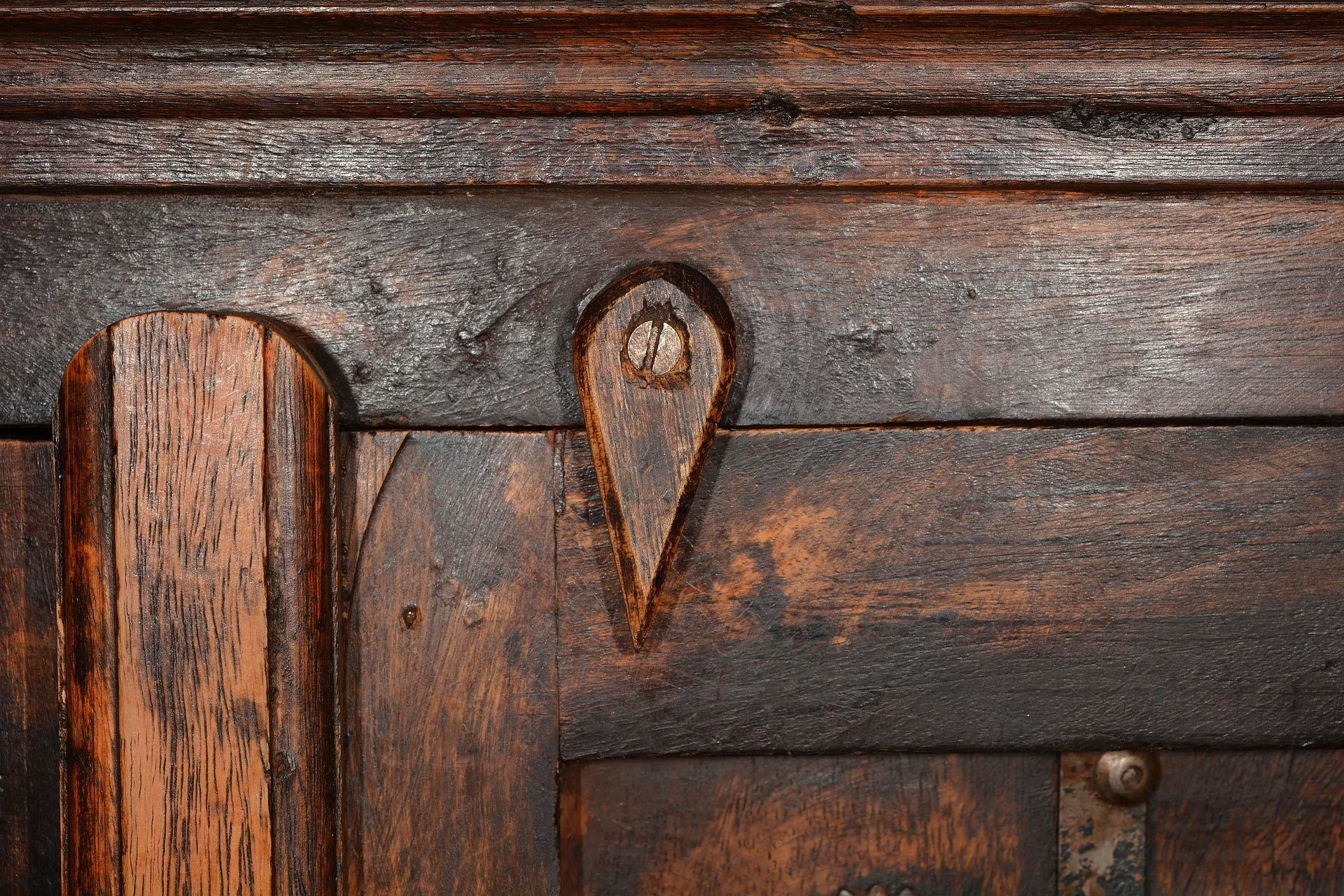
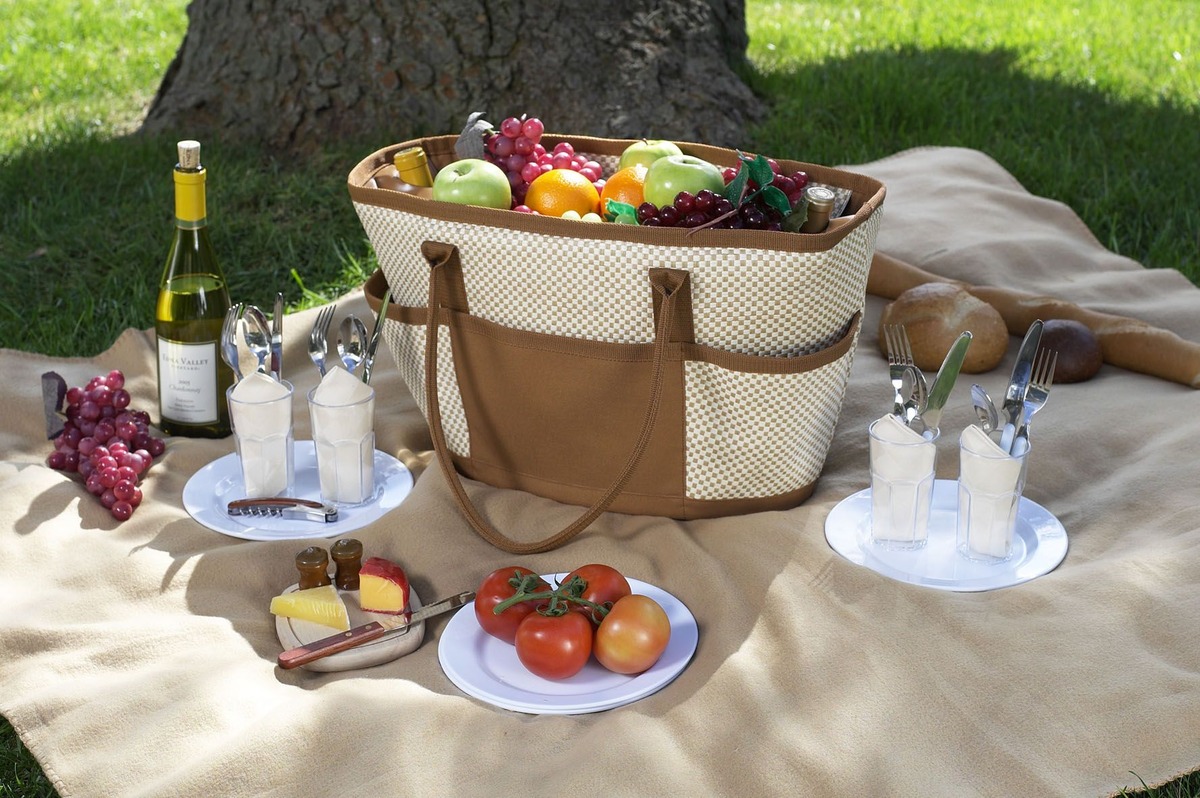
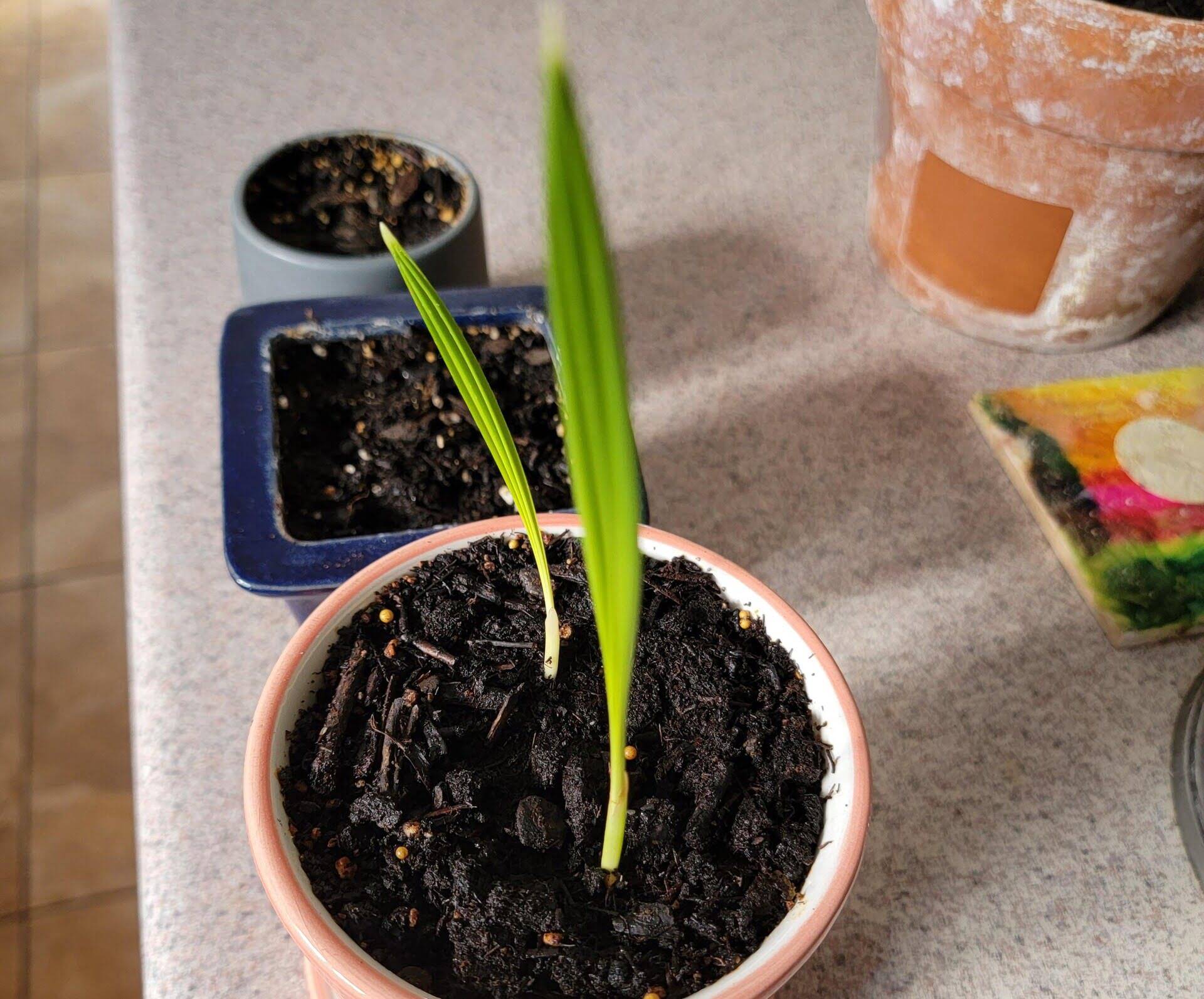
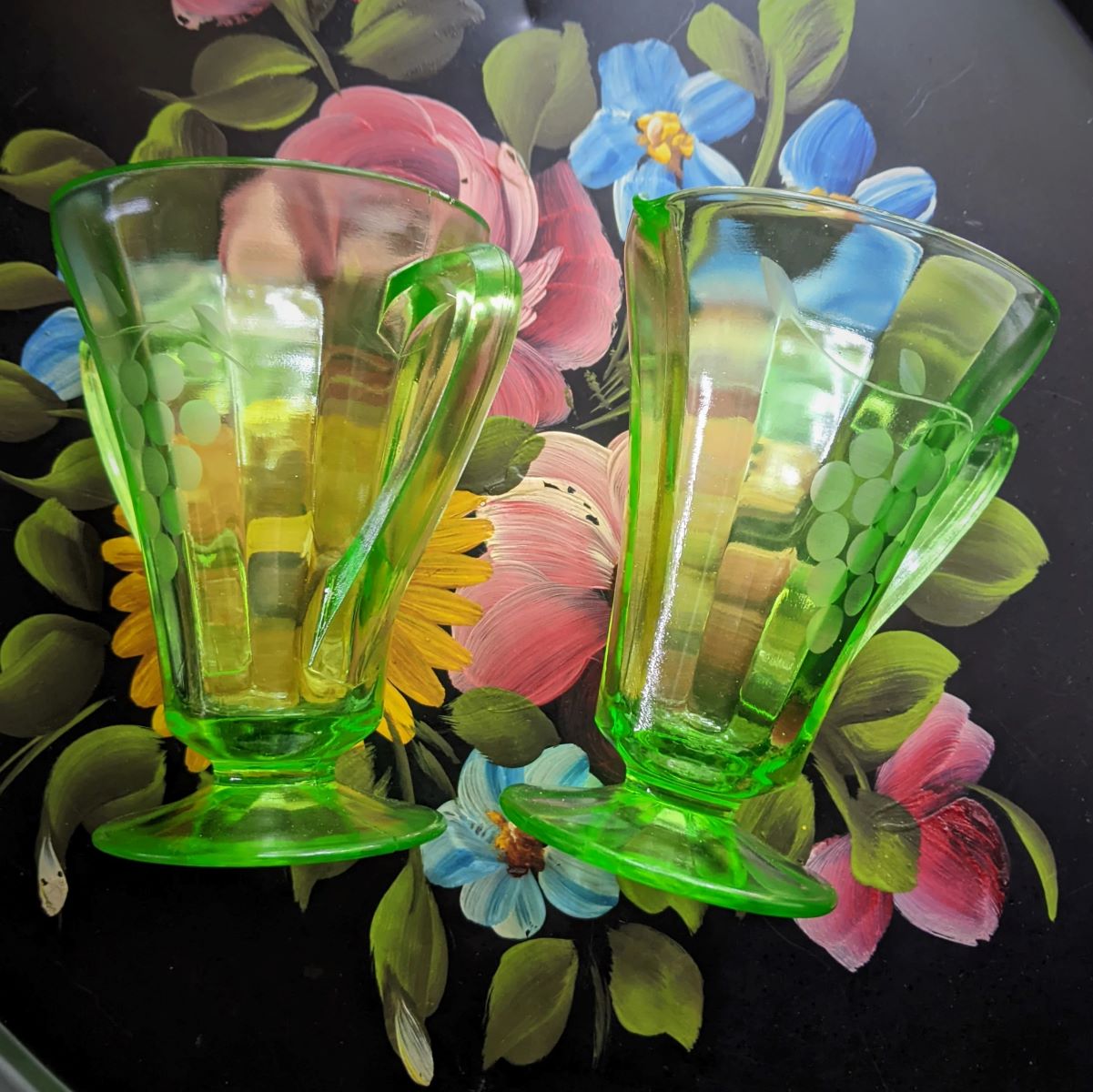


0 thoughts on “How To Store Medjool Dates”